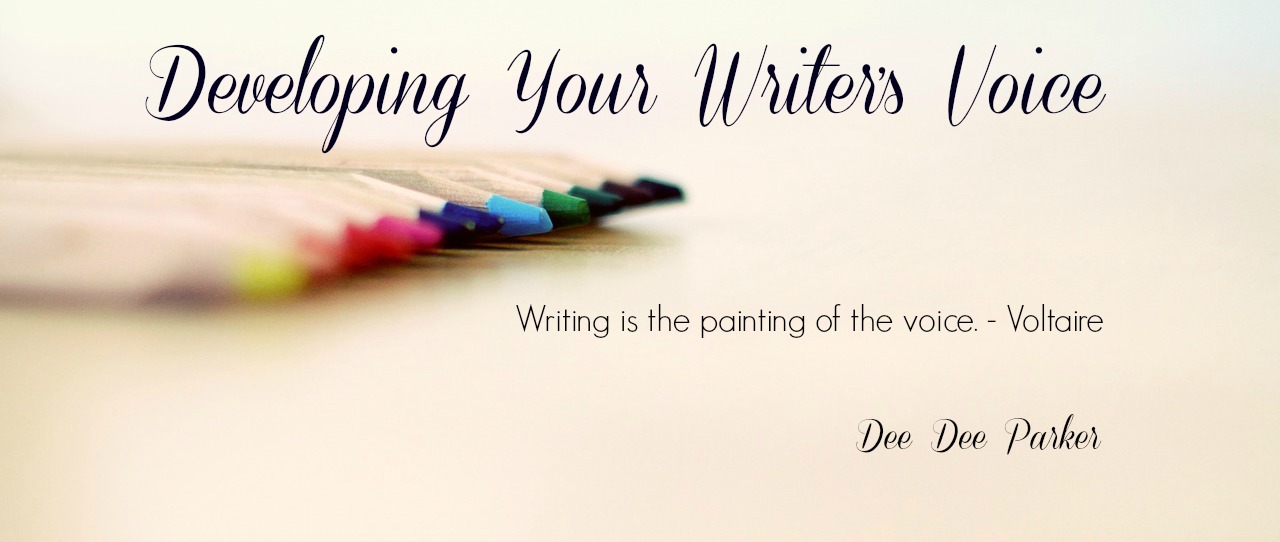The setting sold us. A property with mature trees and a creek running behind it. Even in March, with the trees still bare, we saw what could be: morning coffee on a shaded deck serenaded by a chorus of birds. We were confident that deer and other wildlife would be frequent guests.
The ink was barely dry on the mortgage papers when we learned about the special assessment. Built on private property to avoid city code restrictions, our home and several other structures in the development were built too close to the waterway. Erosion threatens to undermine their stability. What we considered our new home’s finest asset has become a $100,000+ liability
The thing we love has become the thing that costs—dearly. Or as my father likes to say, “Anticipation exceeded reality.” I hated hearing that as a child. It seemed to be setting us up for disappointment. I suspect he was trying to instill a life truth. For those of us who choose to spend all or a good portion of our life writing, it’s probably a good aphorism to keep in mind.
I doubt few writers expect to make the New York Times best seller list with their debut novel. Success stories like this are the exception rather than the rule. I believe most of us write, even if it’s only journaling, because it’s something we can’t not do. Whether we take pen in hand or type on a computer keyboard, putting ideas and thoughts on paper fulfills a longing. It satisfies something deep inside. Ed Cyzewski says in Write, Pray, Grow, “… writing provides a way to process and think deeply about difficult topics.” [bctt tweet=”Even if we only write to sort out our thoughts or ideas, there’s great value in it.” username=””]
Even so, the call to write for publication comes with certain assets and liabilities.
Those who see only the “glamour” of writing: the ability to set your own hours, work from anywhere, and the thrill of seeing your name in print, ought to be aware of the realities of the writing life:
- Writers block is real. Many is the time I’ve sat down to write and came up empty. The perfectly worded phrase or concept I “wrote” as I drifted off to sleep the previous night is gone. My internal editor criticizes every word before it hits the paper—and I continue to stare at a blank screen wondering why I thought I could do this. Every writer experiences periods where the words and ideas vanish. Acknowledge it, call it by name, and walk away for a time. In fact, many writers suggest a walk or another type of diversion to get your mind working in other ways. The change of scenery and thought processes often triggers creativity.
- Expect rejection. Unless or until you secure a book contract with a major publisher, you’ll be submitting book proposals or magazine articles with no assurance they will be accepted for publication. But you’re in good company. Kathryn Stockett submitted The Help 60 times before it was published; Stephen King’s Carrie was rejected 30 times; Beatrix Potter self-published The Tale of Peter Rabbit—before self-publishing was as easy as it is today. Persevere through rejection and learn not to take it personally.
- Writing is a discipline. Some consider it a spiritual discipline like prayer. A discipline requires that you do something even when you don’t feel like it. Once it becomes a habit missing a day puts you off kilter. Certainly independent writers have more flexibility in setting a schedule than 9–5 employees, but they do need to discipline themselves to put in the time necessary to produce. For those still working the day job it likely means making time in an already fully-scheduled day to write. For some that’s early mornings. Others find they are more productive after everyone else in the household has gone to bed. Stay-at-home parents, like Cyzewski, have learned to make the most of down times in their children’s schedules and write in short blocks of time throughout the day. Learning what works for you and then cultivating the discipline to stick to it is critical to a writer’s success.
We’re still absorbing the blow of an unexpected expense. The good news is that because we are part of a homeowners association, the cost of the stabilization project will be shared equally by all members. Such is the value of community. Writers, too, need the encouragement and support of a writing community. A mentor, a critique group—in person or online—not only helps hone writing skills, but can serve as a counterpoint to the discouragement and self-doubt that often plague a writer. A writing community like A3 or Word Weavers just may be the greatest asset a writer has.







No Comments